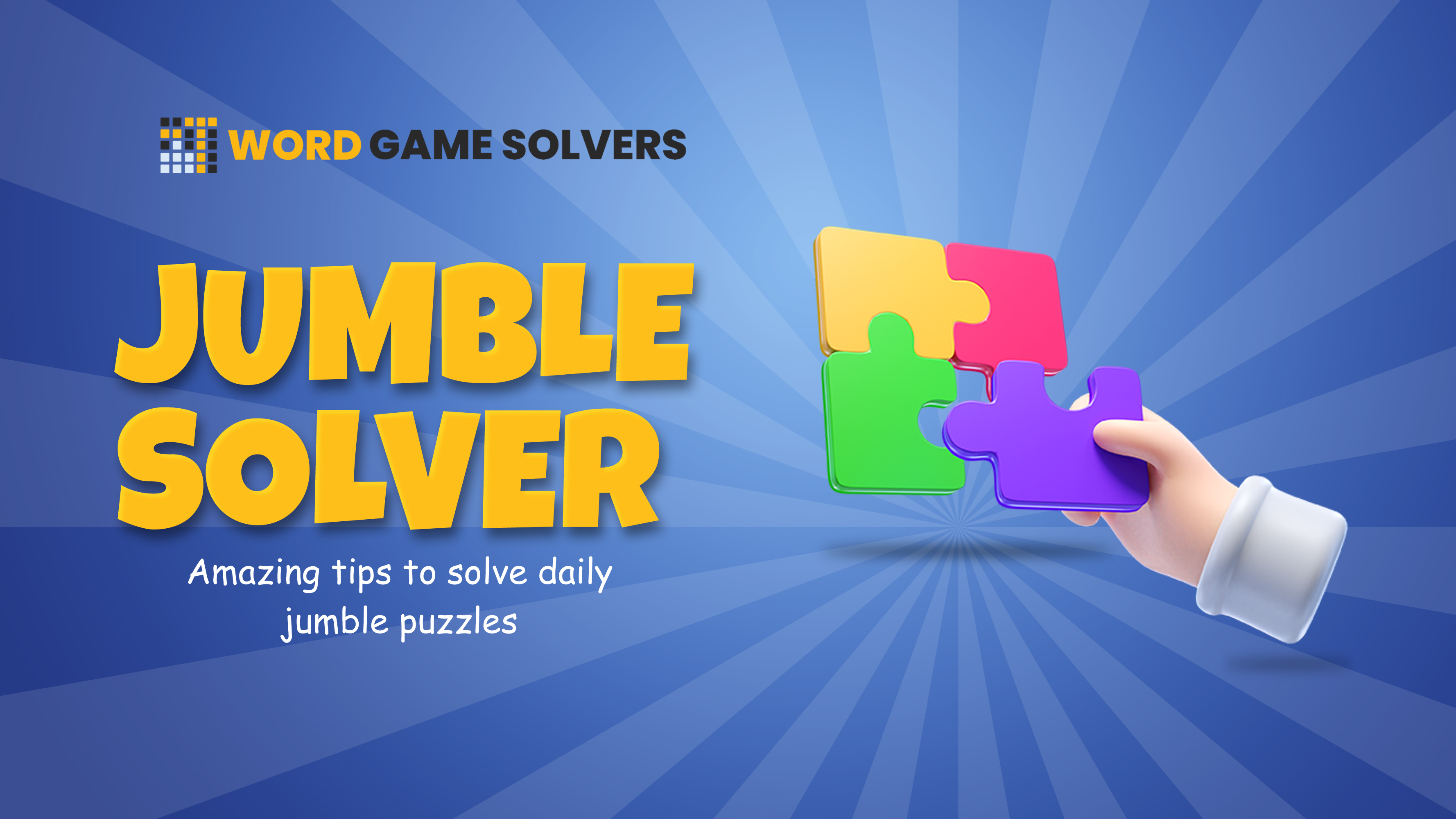
19-Mar-2023
Unlocking Minds: The Benefits of Word Games in Early Childhood Education
Early childhood education lays the foundation for a child's academic and cognitive development. Educators and parents have recognized the importance of incorporating interactive and engaging activities into the learning process in recent years. Word games have emerged as a powerful tool in fostering language skills, cognitive development, and social interaction among young learners. In this blog post, we will explore the myriad benefits of word games in early childhood education.
Language Development:
Word games provide a playful and enjoyable way for children to expand their vocabulary. Children are exposed to new words through activities like Scrabble, Boggle, or word puzzles, enhancing their receptive and expressive language skills. As they learn to spell and pronounce words correctly, they build a solid linguistic foundation to serve them well in their academic journey.
Cognitive Skills:
Engaging in word games stimulates various cognitive functions such as memory, attention, and problem-solving. Memory is exercised as children recall the spelling and meanings of words, while attention is honed as they focus on letters and patterns. Additionally, the strategic nature of many word games encourages critical thinking and problem-solving skills, promoting well-rounded cognitive development.
Reading Readiness:
Word games contribute significantly to a child's readiness for reading. Activities that involve recognizing and manipulating letters and sounds, such as matching games or phonics-based puzzles, help children develop the foundational skills needed for successful reading. These games make learning to read enjoyable, fostering a positive attitude towards literacy.
Social Interaction:
Word games often involve collaboration and communication, providing opportunities for social interaction. Multiplayer games, group activities, or partner-based word challenges promote teamwork and communication skills. Through these interactions, children strengthen their language abilities and develop essential social skills such as sharing, taking turns, and listening.
Enhanced Concentration:
Many word games require sustained attention and concentration, helping children develop the ability to focus on tasks for extended periods. As they immerse themselves in the challenges presented by the games, they naturally build concentration skills that will prove invaluable in various academic and real-life situations.
Confidence Boost:
Success in word games, whether correctly spelling a challenging word or solving a complex puzzle, contributes to a child's sense of accomplishment. This boost in confidence can have a positive ripple effect on their attitude towards learning, encouraging them to tackle more complex challenges with enthusiasm and determination.
Conclusion:
Incorporating word games into early childhood education is a win-win strategy for educators and young learners. These games make learning fun and play a crucial role in shaping a child's cognitive, linguistic, and social development. As we continue to explore innovative and effective teaching methods, word games stand out as a valuable asset in nurturing the young minds of tomorrow. So, let the games begin, and watch as the world of words unfolds for our little learners!